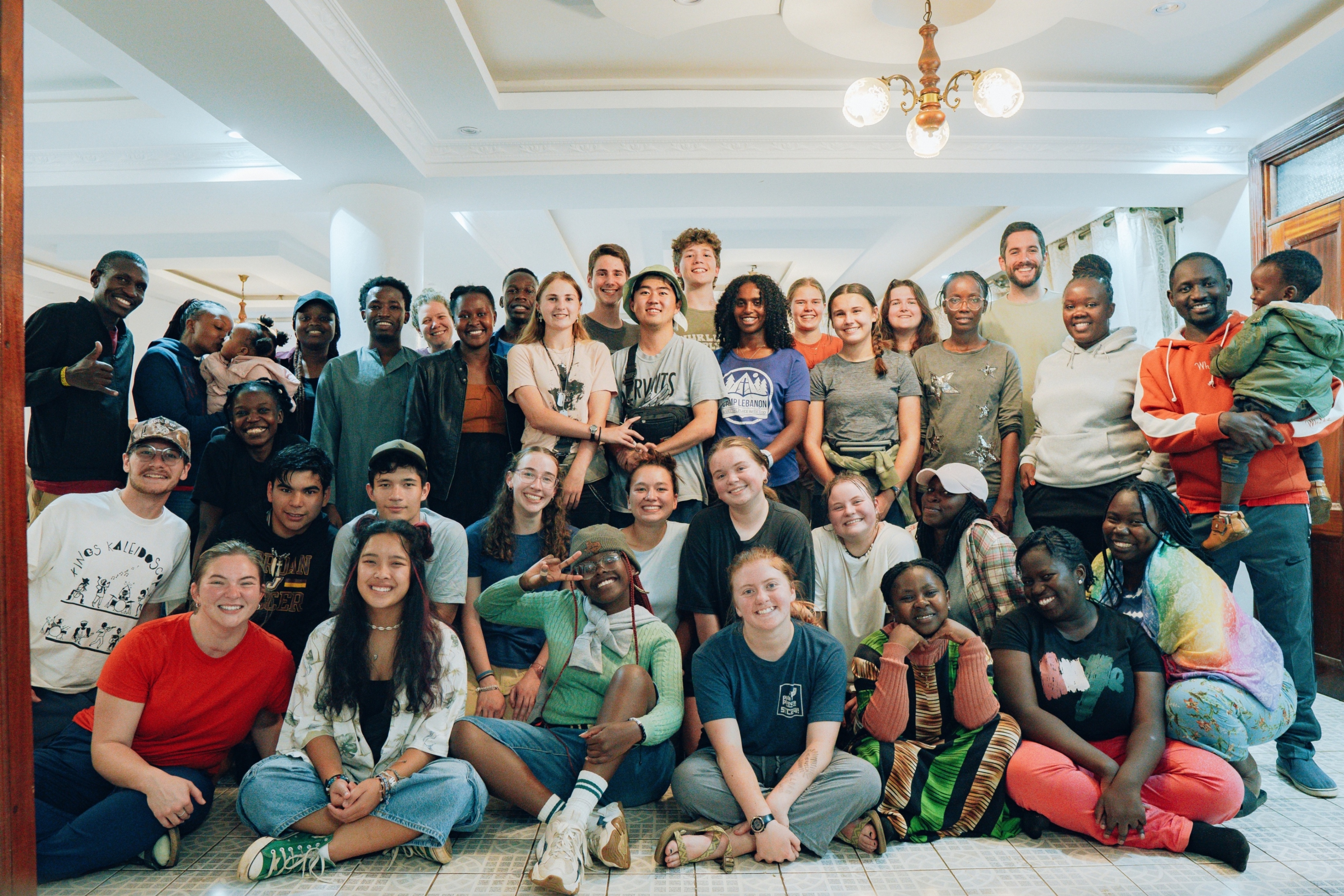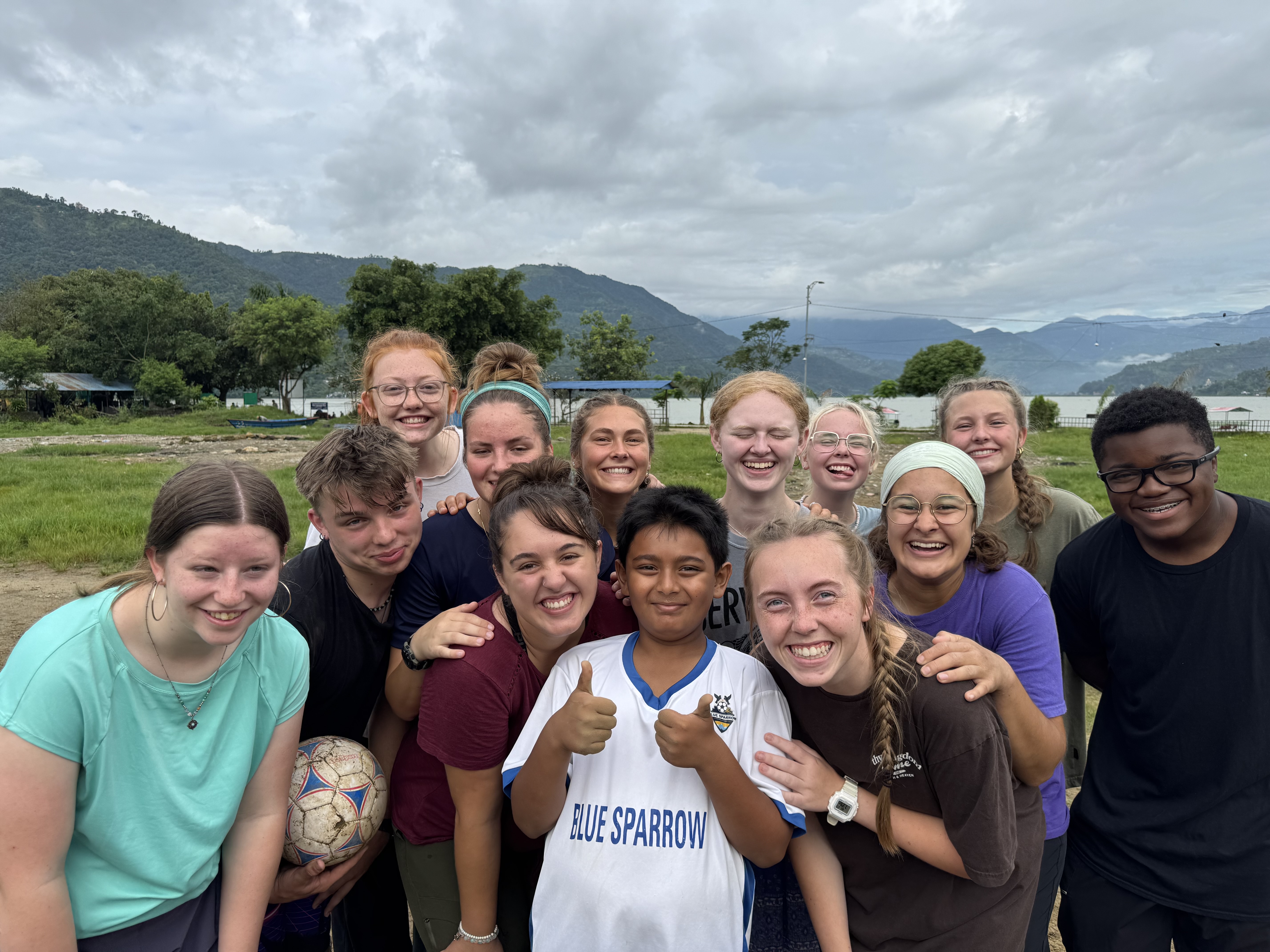Kenya Update 2 - Purpose & Frustration
Tim Warren

As I have grown in my walk with Christ, one of the greatest lessons I’ve learned is that every book of the Bible has a purpose. To read it without understanding its purpose would be to unintentionally misunderstand what it has to say, or to miss its main point.
This summer we have daily quiet times where we dig into the word for an hour before discussing it in small groups, and later in a large group setting all together. The plan I put together for the summer was meant to teach them multiple different ways to continue their own Bible reading after the summer. We read a chapter of John every day, a chapter of Proverbs that matches the date, and read through 1 John repeatedly every two days.
Everyday, as I assign readings and questions, the last question is always “What is the purpose of the book of John?” While there are many answers, there was a main point I wanted them to walk away with. Every evening someone asks excitedly or nervously to proffer their answer to the question. Answers like “To show how Jesus interacted with the world” and “To explain how Jesus loved people” were usually met by me with “Okay, thank you for sharing.” They were always good answers, but when leading a discussion — or 21 over as many days — you need to have a direction to take, while allowing for pivots and random thoughts here and there.
Some of our students experienced growing frustration with how I led these discussions. I’m a big fan of frustration. Too often teenagers are handed answers or have them at their finger tips. They haven’t learned how to wrestle and think. They haven’t learned how to work for it.
One student in particular, Adeline, expressed to her small group leader that she was angry at me for rarely giving straight answers to questions, or for responding with “What do you think?”, but never telling her “Yes, that’s it! You got it! Good job!” When this conversation came to my attention my response was “Yeah. Makes sense.” Her frustration was both understandable and expected. Most students aren’t used to this kind of challenge.
After Adeline’s small group leader walked her through that frustration really well, we had our next evening Bible discussion. Towards the end, I asked “What is the purpose of the book of John?” Adeline quickly raised her hand, with more excitement than I would have anticipated. I called on her and her answer was not what I expected. She said “Okay guys, I’ve been thinking about everything Tim has said this last week and all the questions he’s asked and I think I’ve figured it out. The purpose of the book of John…” She then continued to describe it with many big, fancy words. I could see she had gotten it, so I cut her off and said “Stop. Simplify it.” She was surprised, as I don’t typically interrupt them. After thinking for a second she said “Jesus is God.”
I can’t recall a moment in my time in youth ministry that I’ve ever been so proud of a student. She didn’t just pull that from what I had said in that discussion. She put pieces together from chapters 1-8 and wrestled for a while with it. She was frustrated and took it to scripture and to God, and through that process found truth. Her frustration walked arm and arm with steadfastness and perseverance.
Each book has a purpose. We can’t read Proverbs for historical accounts, and we can’t read Jonah for a good role model. We must understand the purpose of what we’re reading to truly digest it and see rich truth spring forth from scriptures like flowing water.
If ever I need a reminder of why I do this, I have only to remember that singular moment when Adeline overcame such pure frustration and spoke such pure truth.
Jesus is God.
Want to stay informed on all our mission trips? Be sure to subscribe and follow us on Facebook, Instagram, and Youtube to never miss an update.
















